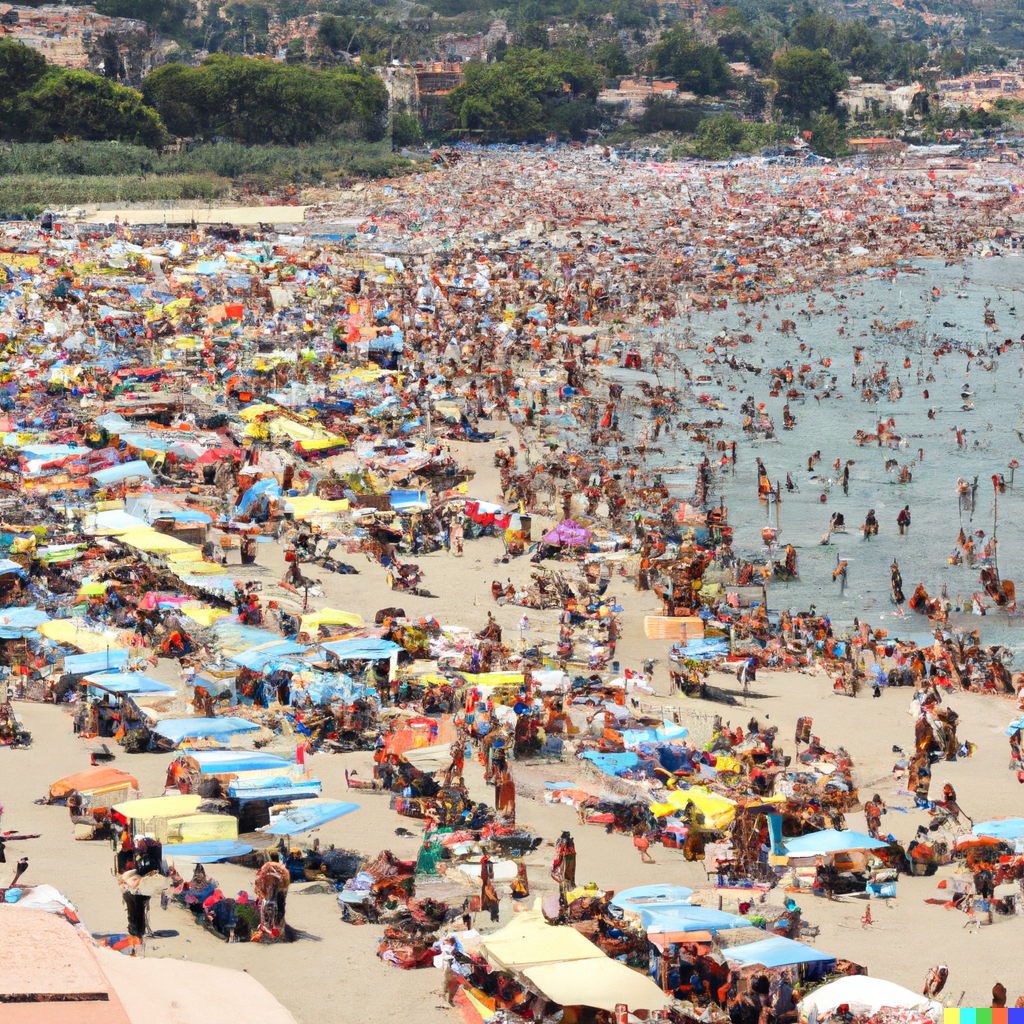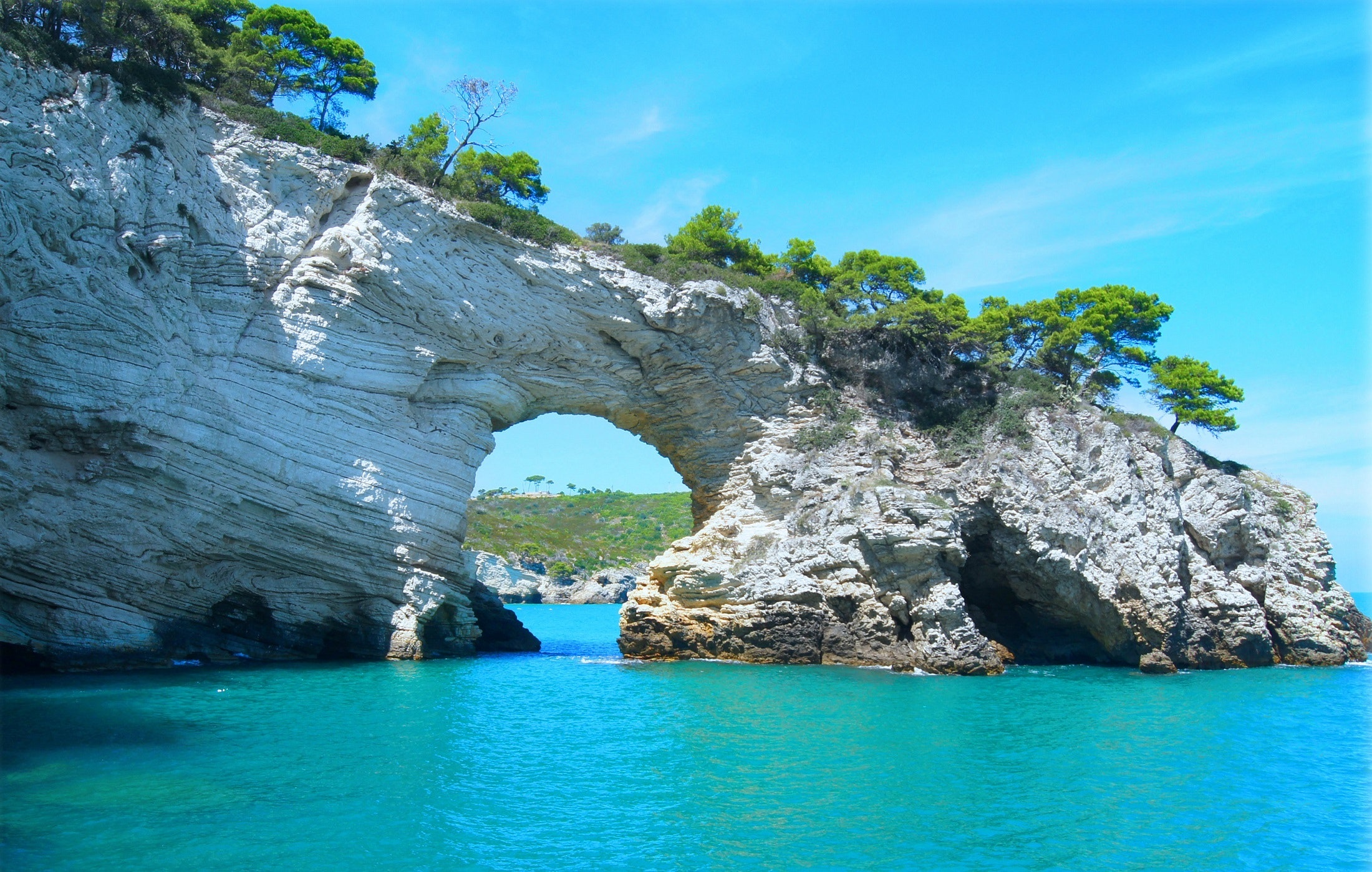State concessions

The principle of preservation of contractual balance
Fiorenzo Liguori, Pasquale La Selva | 11 September 2023 | Issue 3/2023
This study delves into the concept of maintaining a balanced relationship in long-term contracts between public and private law, specifically in the context of procurement and concession contracts. The main objective of the paper is to explore the challenges related to unforeseen circumstances and contract renegotiation, while analyzing the clauses for price revision and contractual amendments outlined in legislative decree n. 36/2023.
Read More
State-owned maritime concessions and the need for a competitive selection procedure: for the Council of State, the use of tenders is not imperative
Alessia Monica | 21 March 2023 | Issue 1/2023
The Council of State, with its judgment n. 11664/2022, deemed as unlawful the decision of the Gaeta municipality to deny the assignment of a new State-owned maritime concession and, particularly, the public administration's choice to recur to a tender procedure. Although in consideration of the effectiveness of the EU legal framework claiming for a «selective procedure» based on impartiality and transparency, the judges pointed out how this concession should be granted in compliance with the general principles of a «comparative evaluation» as already set out in article 37 of the Italian Navigation Code. The tender procedure is, instead, to be used as from 2024, according to the dead-line indicated to the legislator by the Plenary Assembly of the Council of State (decisions n. 17 and 18 of 2021) to carry out a structural reform of the bathing-facilities sector.
Read More
A seductive heresy: the temporal modulation of the effects of interpretative judgments of the court of administrative nomofilachy in the areas of exclusive jurisdiction of the European Court of Justice
Massimo Giavazzi | 2 February 2022 | Issue 1/2022
The paper analyzes the recent jurisprudence about prospective overruling on national administrative measures governed by EU law (Council of State judgment nos 17 e 18/2021) to test its compliance with ECJ’s jurisprudence. Indeed, it’s in the Court of Justice’s exclusive jurisdiction to determine if a declared violation of UE law may be tolerated for the time necessary to avoid the infringement of a legitimate expectation. So sentences of national judge about prospective overruling concerning EU law are ultra vires.
Read More
The forthcoming future of marine state property concessions following the decision of the Plenary Assembly of the Council of State: nihil medium est?
Alessia Monica | 29 January 2022 | Issue 1/2022
The analysis stems from the judgment n. 17 (and its “twin” n. 18) of the Plenary Assembly of the Council of State concerning the future of state-owned maritime concessions used for touristic and recreational purposes. Starting from the confirmation of the illegitimacy of the automatic extension, as contrary to both Article 49 TFEU and Article 12 of the Services Directive, the key focus of attention is on highlighting how the administrative judges define the cross-border interest of state concessions as necessarily existing and not to be established because of the context. This implies a reflection on the future activity of public administrations called to set up the procedures for the award of expiring concessions, according to the forthcoming indications of the legislator. The judgment itself attempts to create the law: not only does it postpone the effects until the end of 2023, but it offers the legislator clear and established criteria for the reform of the sector.
Read More